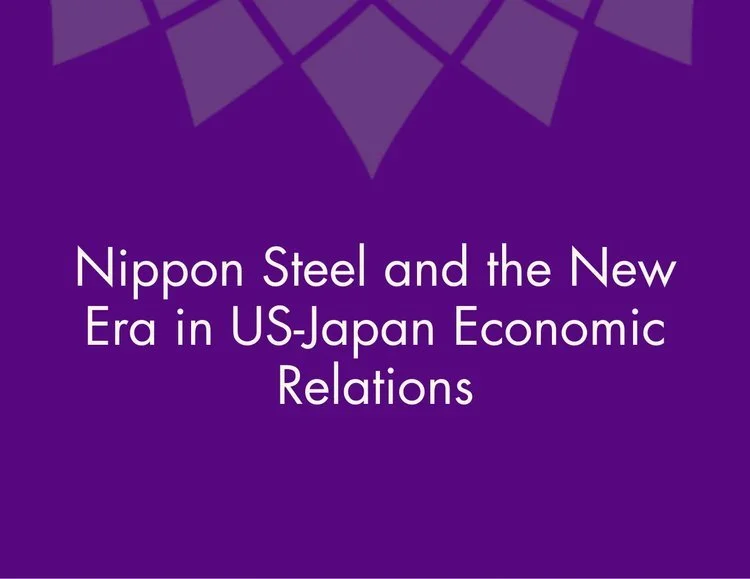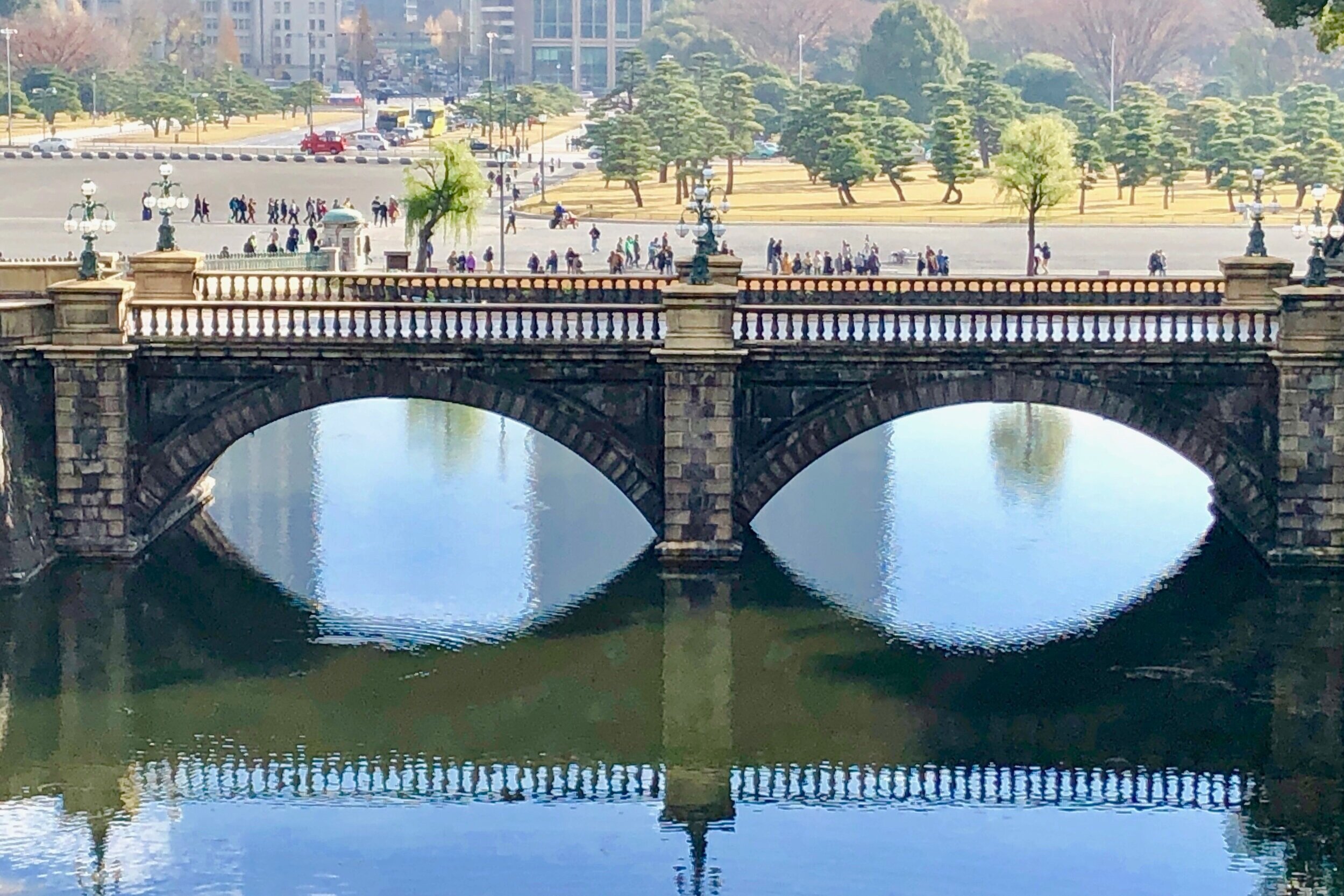Promoting Rule of Law and Human Rights in Asia
The U.S.-Asia Law Institute serves as a bridge between Asia and America, fostering mutual understanding on legal issues and using constructive engagement to advocate for legal progress.
New and Notable
Publications
Symposium on Nippon Steel and the New Era in US-Japan Economic Relations
The Symposium on Nippon Steel and the New Era in US-Japan Economic Relations is a collection of essays in the USALI East-West Studies series. Nippon Steel’s acquisition of the once-great American steelmaker closed on June 18, 2025, after recovering from a near-death experience. The symposium analyzes whether the US government’s national security review of the transaction was politicized or whether the definition of “national security” has broadened; differences between American and Japanese views of the transaction; and possible impacts of the entire episode on the wider US-Japan economic relationship. Some of the essays previously appeared in USALI Perspectives and were written while the transaction’s fate was still undetermined.
Institute News
Program on International Law & Relations in Asia
Program on International Law & Relations in Asia









